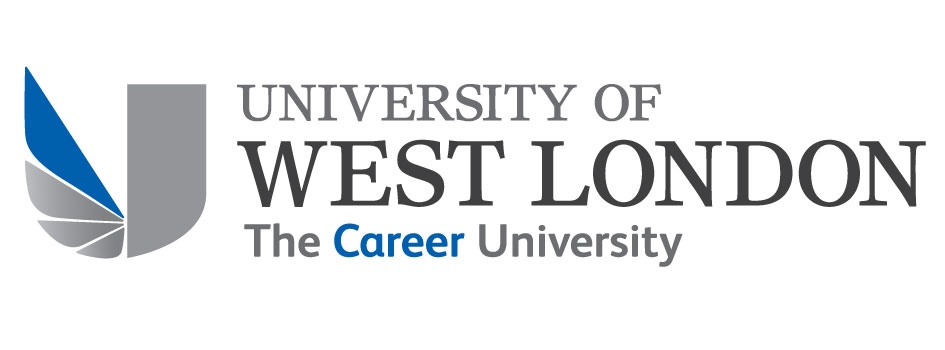Investigating the musical principles behind mix preparation within the digital realm of audio mixing
Ashour Ahmed
London College of Music
Supervisors:
Professor Simon Zagorski-Thomas
London College of Music
Dr Daniel Pratt
London College of Music
This research investigates the musical principles guiding mix preparation within contemporary music genres in the realm of digital audio engineering. Mix preparation is the initial stage of audio mixing, during which audio practitioners undertake certain tasks to establish a robust foundation for an efficient mixing session. The research aims to shed light on the process and decision-making strategies employed by audio practitioners during the preparatory stage of mixing. It seeks to evaluate the influence of various mix preparation techniques on the sonic quality of the mix. Furthermore, the study aims to provide industry data for developing an artificial intelligence (AI) plugin that automates mix preparation tasks, in collaboration with an industry AI mixing plugins leader, to identify necessary data for plugin development.
The primary research question is: How do mix engineers conceptualise the various mix components when preparing session files for mixing? The research design is structured across four phases. The initial phase involves producing a nine-track album across various genres, followed by qualitative data collection through ethnographic methods and concluding with inductive thematic analysis. The second phase involves further qualitative data collection through informal conversations, open-ended surveys, single-blinded interviews, and document collection, followed by an inductive descriptive analysis. The third phase starts with fully mixing the prepared versions during the ethnographic phase and collecting quantitative data through closed-ended surveys and structured interviews, concluding with a deductive comparative analysis. Finally, phase four entails additional quantitative data collection through numerical data, analysed graphically.
The initial findings reveal diverse conceptualisations of mix components among engineers, influenced by genre and personal preference. Significant differences in workflow impact sonic outcomes across mixes. This research is significant for both academia and industry. It enhances understanding of mix preparation processes and informs industry mixing practices, potentially improving efficiency and quality in record production.

